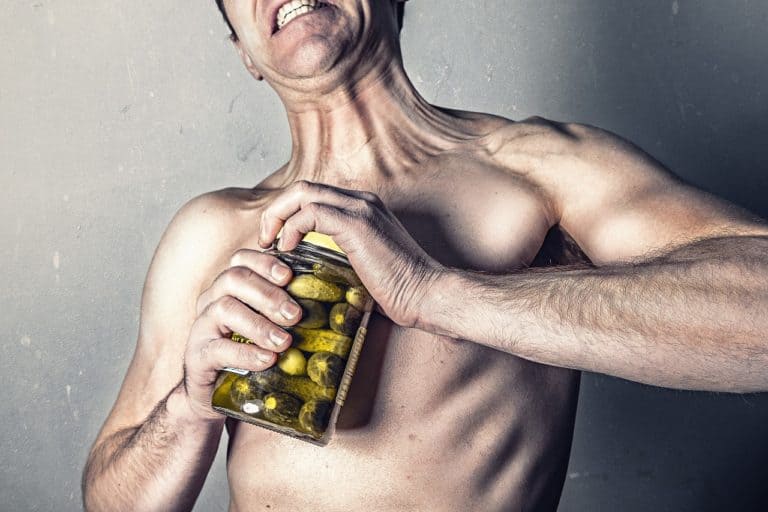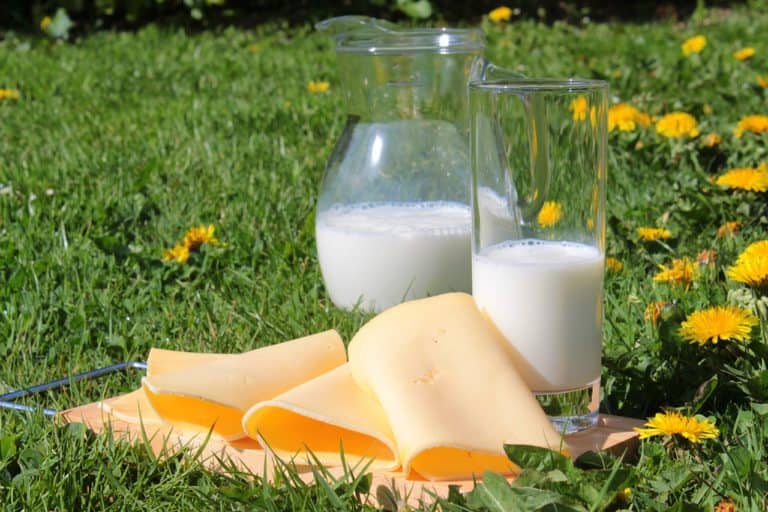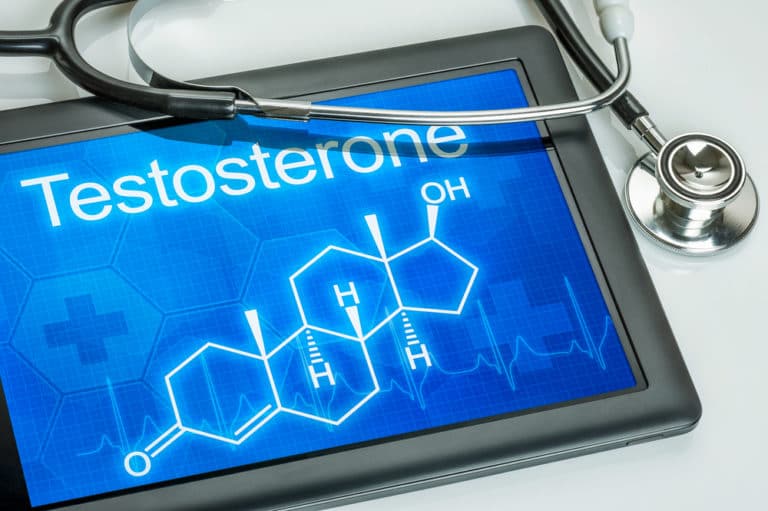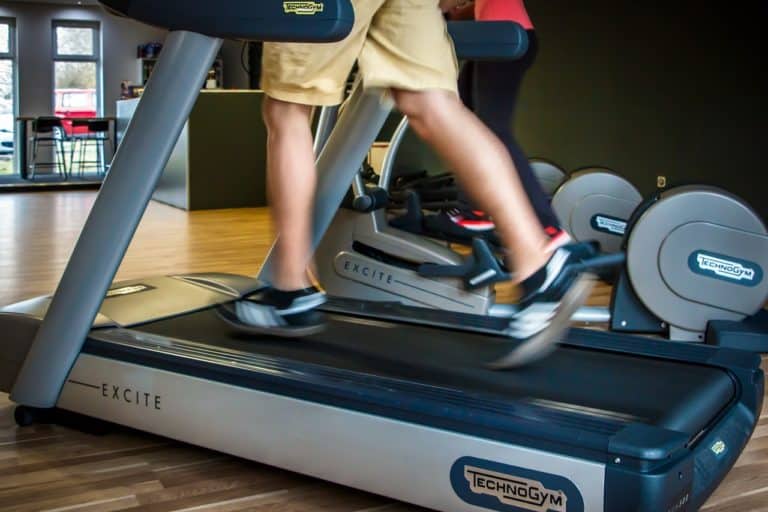Many men are concerned about declining testosterone as they get older, but age is only one cause of changing hormone levels. Your lifestyle and habits also have a lot to do with it. There are things you do and don’t do in your life that can affect your hormone levels, but the good news is that you have the power to make changes to control these factors and improve your health.
Here are 5 things that decrease your testosterone levels. Changing these behaviors and risk factors can help you find the right balance between testosterone and other hormones, helping you to take control of your health.
Getting Too Little Sleep
There are many dangers of sleep disorders for men such as increased risk for heart attack, stroke, diabetes, and psychological problems, and not getting enough sleep can also decrease your testosterone. Try to get seven to eight hours of sleep each night. If you get less it can result in a 10% decline in your testosterone levels. If you have trouble getting enough, investigate some ways to help you improve your sleep habits.
Living a Sedentary Lifestyle
It is important to get regular exercise to help lose or maintain your weight and to naturally boost your testosterone levels. Instead of being a couch potato, watching sports on TV all weekend, get out there and play some sports yourself, and hit the gym several times per week. Carrying extra weight and body fat has a negative impact on your erectile function, fertility, and testosterone levels. Lifting heavy weights with low repetitions and participating in endurance exercise have been shown to raise a man’s free testosterone levels.
Eating Too Much Sugar
Researchers in a study found that sugar ingestion can cause a man’s testosterone level to drop by up to 25%. It is well known that men who are overweight, have diabetes, or are pre-diabetic (have insulin resistance) are prone to testosterone deficiency, and this population is rapidly rising.
The researchers gave 74 men a glucose tolerance test, which involved consumption of a sugar solution and subsequent blood tests. Of the 74 men, 42 had normal blood sugar levels, 23 had insulin resistance, and 9 had type 2 diabetes. The glucose solution lowered testosterone levels by up to 25% in all of the men regardless of whether they were diabetic, pre-diabetic, or had normal blood sugar levels. The authors of the study recommend that when men have a testosterone blood test it should be a fasting test in order to give the most accurate results. Try to avoid high-sugar foods, processed foods, and artificial sweeteners to make a positive difference in your testosterone level.
Not Managing Stress
Both mental and physical stress increase your cortisol levels, which suppresses the body’s ability to produce and utilize testosterone. That is why it is important to take measures to manage your stress. Find ways to relax and unwind, whether it is exercise, a relaxing hobby, meditation, yoga, or tai chi.
Being Exposed to Endocrine Disruptors
If you want to learn how to increase testosterone naturally, it is important to avoid certain foods, chemicals, and environmental contaminants that can interfere with your testosterone production. These chemicals are found in food packaging, plastic, soaps, shampoos, and lawn insecticides. You want to avoid phthalates, bisphenol-A (BPA), fluoride, unfermented soy, Teflon pans, canned foods (especially canned tomatoes), and others.
Eating organic produce, dairy, and meat and avoiding food additives can help you avoid things that can decrease your testosterone such as synthetic hormones, pesticides, and herbicides in your food. Buy natural, toxin-free skin care products and household cleaners. Avoid drinking out of plastic containers to avoid BPA.
References
Fui MN et al. Lowered testosterone in male obesity: mechanisms, morbidity and management. Asian Journal of Andrology 2014 Mar-Apr; 16(2): 223-31
Rezaee S et al. Hormonal responses of combining endurance-resistance exercise in healthy young men. Journal of Sports Medicine and Physical Fitness 2014 Apr; 54(2): 244-51
Sugar Causes Testosterone Deficiency. Liver Doctor.






